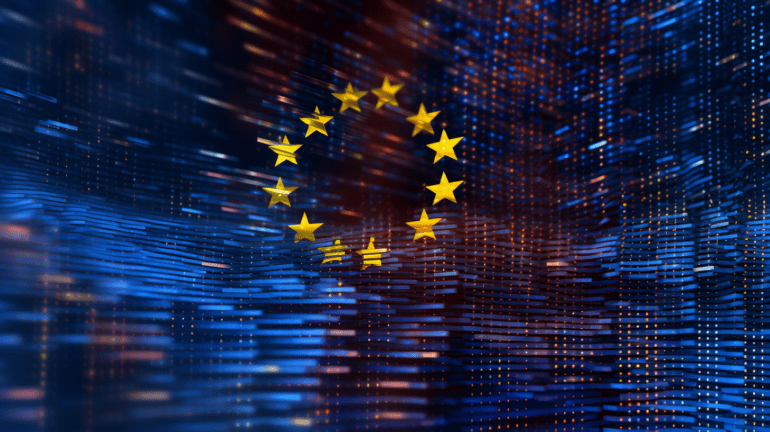TL;DR:
- The European Union (EU) has established a historic agreement known as the Artificial Intelligence Act, solidifying its leadership in AI regulation.
- The Act categorizes AI functions by risk levels and introduces stringent requirements for foundation models used in general-purpose AI services.
- EU negotiators reached a compromise on the use of AI-powered facial recognition surveillance by law enforcement agencies.
- The AI Act may influence global AI regulation, encouraging companies to extend compliance efforts to other markets.
- Critics have raised concerns about exemptions for law enforcement, insufficient safeguards in migration and border control, and potential loopholes for AI developers.
Main AI News:
In a groundbreaking development that solidifies the European Union’s leadership in the realm of technological governance, EU negotiators have recently inked a historic accord known as the Artificial Intelligence Act. As reported by the Associated Press, this landmark deal positions the EU at the forefront of AI regulation, addressing the transformative potential of artificial intelligence while grappling with the accompanying societal concerns.
The meticulous crafting of this agreement transpired through arduous negotiations between the European Parliament and the EU’s 27 member states. These deliberations zeroed in on resolving critical disparities, most notably regarding generative AI and the utilization of facial recognition surveillance by law enforcement agencies. European Commissioner Thierry Breton lauds this momentous pact as an innovative leap forward, establishing the EU as the pioneer in enacting precise regulations governing AI utilization.
Navigating the Controversies: Generative AI and Facial Recognition
At the heart of these negotiations lay the swift evolution of generative AI systems, exemplified by OpenAI’s ChatGPT. These systems have not only captivated global attention with their human-like capabilities but have also ignited heated debates concerning potential ramifications for employment, privacy, and even human existence. The AI Act, initially proposed in 2021, has been astutely updated to reflect these recent developments in generative AI. It strategically classifies AI functions according to their risk levels and introduces provisions for the foundation models that serve as the bedrock for general-purpose AI services. These models will now be subject to stringent requirements, necessitating comprehensive technical documentation, adherence to EU copyright law, and full transparency in their training data.
A Crucial Point of Contention: AI-Powered Facial Recognition Surveillance
Among the most contentious issues during the negotiations was the deployment of AI-powered facial recognition surveillance. Nevertheless, EU negotiators managed to strike a delicate balance, permitting law enforcement agencies to employ such systems for combating severe criminal activities despite vocal concerns from human rights organizations regarding potential privacy infringements.
A Global Standard in the Making
The reverberations of the AI Act’s impact are poised to transcend the boundaries of the European Union, setting a global precedent for AI regulation. Companies subject to these regulations may find it expedient to extend certain obligations to other markets, streamlining their compliance efforts. Moreover, the AI Act underscores the EU’s unwavering commitment to harmonizing technological innovation with safety and ethical considerations.
Not Without Its Critics
However, it’s worth noting that the final text of the AI Act has not escaped criticism from civil society groups and rights organizations. Their concerns center around exemptions granted to law enforcement agencies, inadequate safeguards in the context of migration and border control, and potential loopholes that could allow developers to sidestep the classification of their AI systems as high-risk.
Conclusion:
The EU’s groundbreaking AI regulations, as outlined in the Artificial Intelligence Act, set a pioneering example for responsible AI adoption on a global scale. These regulations are poised to influence the AI market, compelling companies to adopt similar compliance measures and prioritize safety and ethics in their AI applications. However, concerns raised by critics highlight the need for ongoing scrutiny and refinement of these regulations to ensure a balanced approach to AI governance.

